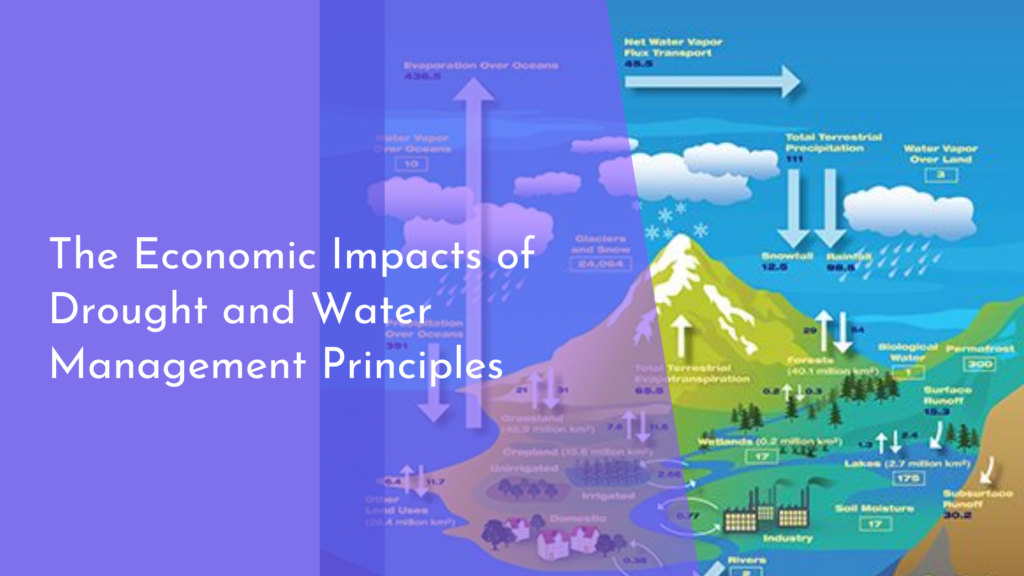Introduction to Sustainable Water Management Practices
Water is the cornerstone of life on Earth, crucial not only for survival but also for supporting economies and maintaining ecosystems. However, with the increasing demands imposed by population growth, agricultural expansion, and industrial activities, our precious water resources are under severe pressure. Sustainable water management is therefore not just a necessity but a responsibility. This article delves into the basics of water sustainability, explores innovative conservation techniques, shares uplifting success stories from across the globe, and reflects on the importance of water stewardship.
Understanding the Basics of Water Sustainability
Water sustainability involves managing this vital resource in a way that ensures it is available for future generations without causing ecological damage. It emphasizes the balance between water demand and preservation, ensuring that water ecosystems are protected and restored. Sustainable water practices are designed to promote efficient use and thoughtful management, integrating technology, policy, and community engagement to create resilient water systems.
The concept of sustainability in water management also focuses on the minimization of water waste and the enhancement of water quality. By understanding the water cycle and the human impacts on it, communities and industries can better implement practices that protect water quality and quantity. This includes everything from reducing pollutants in water sources to promoting the recharge of aquifers.
Innovative Techniques in Water Conservation
One of the most promising techniques in water conservation is the use of smart water meters and sensors. These technologies help in monitoring water usage and leaks in real-time, allowing for immediate repairs and significantly reducing water wastage. Smart irrigation systems, which adjust watering schedules based on weather conditions and soil moisture levels, further exemplify how technology can lead to more efficient water use in agriculture.
Rainwater harvesting is another innovative approach gaining traction worldwide. This technique involves collecting and storing rainwater for agricultural, commercial, and domestic use, reducing dependence on freshwater sources. Additionally, gray water recycling, which reuses water from baths, sinks, and washing machines for irrigation and flushing toilets, is a practical and effective conservation strategy that considerably cuts down on the total household water consumption.
Success Stories from Around the Globe
In Singapore, a city-state with limited water resources, the government has implemented a highly successful water management strategy known as the "Four National Taps." This strategy combines water from local catchment areas, reclaimed water (NEWater), desalinated water, and imported water to ensure a sustainable and stable water supply. This multifaceted approach not only secures water for all residents but also serves as a global benchmark in urban water management.
On another continent, in the arid landscapes of Rajasthan, India, traditional water harvesting methods like ‘Johads’—small earthen check dams—have been revived to combat water scarcity. These ancient techniques, which had been neglected, are now restoring groundwater levels and bringing life back to previously parched regions. The success of these methods demonstrates the value of combining traditional knowledge with contemporary water management practices.
Concluding Thoughts on Water Stewardship
The journey towards water sustainability is a collective endeavor. It involves governments, communities, industries, and individuals coming together to implement and support efficient, innovative water management practices. By embracing a stewardship mindset, each stakeholder can contribute to safeguarding water resources, ensuring that this vital element supports not just today’s populations but future generations as well.
Stewardship also means continuous learning and adaptation. As new challenges and technologies emerge, updating practices and sharing knowledge becomes crucial. By promoting an ethos of conservation and respect for water, societies can foster a healthier relationship with the environment, leading to a more sustainable and equitable world for all.
Water is more than just a resource; it is a life-sustaining element that we must protect and manage with care and creativity. The inspiring success stories and innovative techniques highlighted in this article show that sustainable water management is not only possible but already in action around the world. Let us continue to learn, innovate, and work together towards a future where water sustainability is not just an ideal, but a reality.


